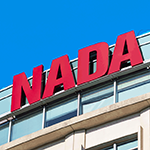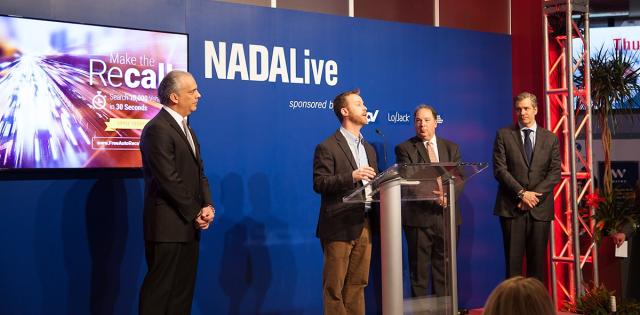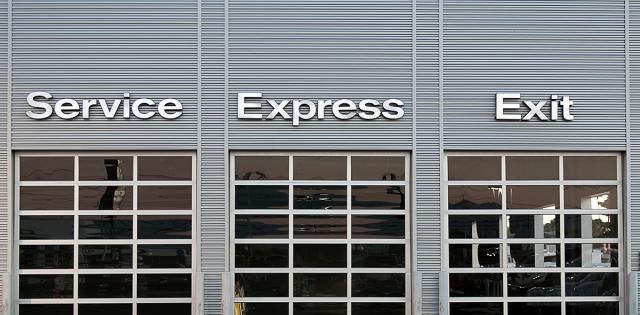
Vehicle Recalls
Dealerships fix millions of recalls every year and have the capacity and expertise to complete all outstanding recalls.
Local dealerships are committed to fixing 100 percent of recalls for 100 percent of the driving public. Dealerships fix millions of recalls every year and have the capacity and expertise to complete all outstanding recalls.
However, a 100 percent recall completion rate is hindered by two key factors.
- The speed at which manufacturers can produce repair parts and get them to dealerships; and
- The willingness of vehicle owners to bring recalled vehicles to their dealerships for repairs when parts become available.
Policy Issue
Engineering experts at the National Highway Traffic Safety Administration (NHTSA) and respective auto manufacturers review every recall before it is issued, and determine whether the defect renders the vehicle too dangerous to drive. For the vast majority of recalls, the government and manufacturers determine that affected vehicles are acceptable to drive while awaiting repairs.
Bills are periodically introduced in Congress to prohibit dealership sales of used vehicles under open recall. This includes the vehicles that the federal government and manufacturers have deemed are acceptable to drive while awaiting repairs. Critically, these bills would not prohibit private sales of recalled vehicles (whether on websites like Craigslist or other platforms), or their operation by current owners.
Because recalled vehicles could not be re-sold by dealerships under these bills, affected vehicles would incur significant holding and depreciation costs and be dramatically devalued. A 2015 study by J.D. Power found that enactment of these bills would result in an average consumer “trade-in tax” of $1,210 for affected vehicles, and some consumers’ trade-ins would incur devaluations up to $7,000, depending on the vehicle. This trade-in tax would have the effect of shifting recalled vehicle sales into the unregulated private market, which would make it less likely the recall repairs would be completed.
Key Points
- The federal government and relevant auto manufacturers determine for each recall case whether the involved vehicles are acceptable to drive. Dealerships do not sell vehicles that the government and manufacturers deem too dangerous to drive. Dealerships only sell used vehicles that are deemed acceptable to drive by the government and manufacturers.
- Not all recalls are equal, and a one-sized fits all policy will not fix the problem. The federal agency that oversees vehicle recalls, NHTSA, routinely makes distinctions between different types of vehicle recalls. For the vast majority of recalls, the experts at NHTSA determine that affected vehicles are acceptable to drive while awaiting repairs.
- Any overbroad effort to ban the resale of recalled vehicles will devalue vehicles and harm consumers. A 2015 study by J.D. Power found that enactment of these bills would devalue affected vehicles and result in an average consumer trade-in tax of $1,210.
- The proposal would have little if any impact on safety. Only 2% of used vehicles are at dealerships at any given time; the rest are being operated by consumers. Restricting the sale of recalled vehicles that are deemed acceptable to drive by the government and manufacturers will thus not remove the vast majority of recalled vehicles from the road or get them repaired. Instead, it will only cripple the used vehicle market, devalue affected vehicles and move recall sales into the unregulated private market where they are less likely to be repaired.
Media Contact

Join the NADA grassroots network by texting NADA to 52886.
Your Members of Congress
When lawmakers learn about your business and employees, they become better informed about how their decisions affect your ability to serve customers and grow your business.
Update Your Address
Legislative Affairs
Learn how NADA Legislative Affairs protects and promotes franchised auto and truck dealerships’ interests before Congress.
Regulatory Affairs
Learn how NADA Regulatory Affairs Group protects and promotes franchised auto and truck dealerships’ interests before the federal administrative agencies.





